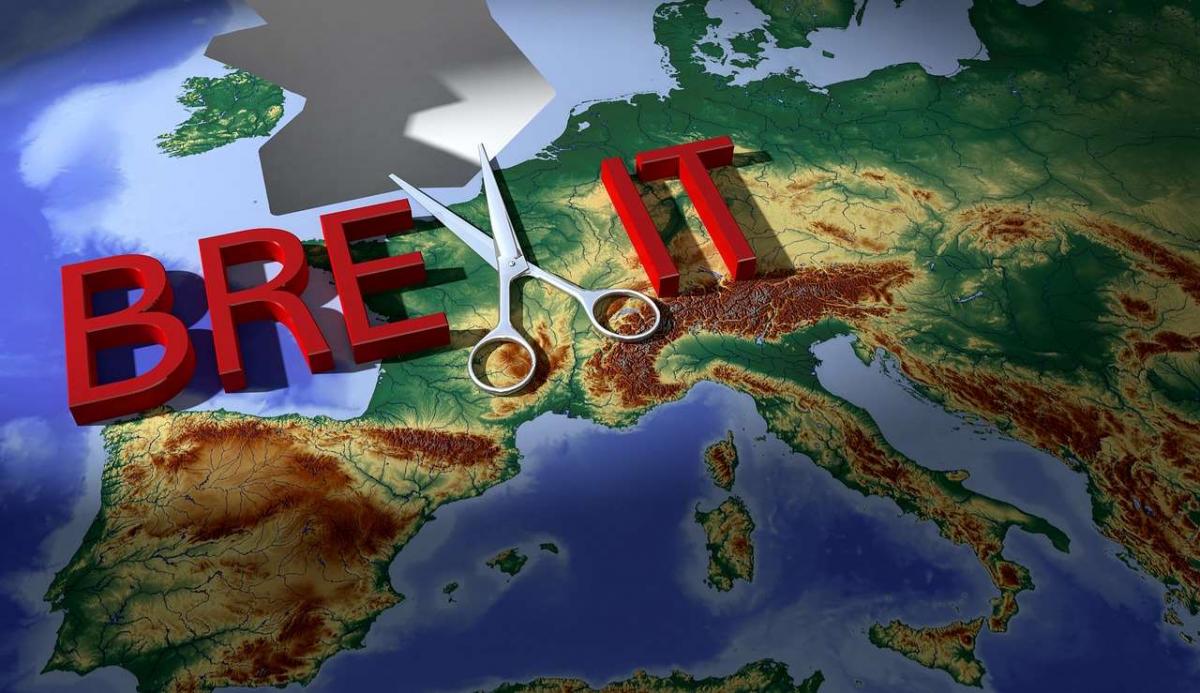The latest Intralinks Deal Flow Predictor says that the current M&A upcycle, which this report describes as having begun in 2014, is about to peak. There will still be some short-term upward movement, especially given the existence of a lot of private equity fund "dry powder," from recent successful fundraising. Piles of money demand to be put to use.
Nonetheless, the broad thesis of the Predictor is that any further upward movement faces powerful headwinds, which will in due course turn that movement around. The headwinds include: “a slowing global economy, partly driven by the trade war between the U.S. and China; rising interest rates; depressed global equity markets (which fell 10 percent in 2018); M&A valuation levels at 30-year highs; increasing nationalism and protectionism against cross-border M&A; and the uncertainty and potential damage to European economic growth caused by the political chaos of the current Brexit process.”
The Predictor is a regular publication of Intralinks, a provider of finance tech to global banking, dealmaking and capital markets participants. Intralinks is a pioneer of the virtual data room (VDR). This is a technology that “enables and secures the flow of information, empowering our customers to work more productively and with complete confidence,” and at the same time providing raw data for the predicting.
More About Brexit
The Predictor this month devotes a good deal of further attention to the likely impact of the last item on the above quoted list: Brexit. Unless there is a surprisingly quick turnaround on the part of a number of politicians on both sides of the Channel: on March 29 of this year Britain will cease to be a member of the European Union. What does that mean? Ah, in the words of a certain Dane written of by an Englishman, “that is the question.”
The draft agreement that sought to lay out just what the withdrawal means in such matters as cross-Channel mergers was rejected by the House of Commons in a very lopsided fashion, with 432 members voting against it, only 202 in favor. So that draft obviously did little to alleviate uncertainty. Even if had been accepted in Parliament, it might have done too little, because as the Intralinks report observes it mostly kicked the crucial questions down the field, leaving them for “further negotiations during an 18-month to two-year transition period.”
Can one infer that when Britain does leave the EU that investors will turn away from Britain, and that in turning-away they will turn toward opportunities on the continent instead? Not really, no. It doesn’t seem to be working that way. France and Germany in particular are thought likely to benefit from such a turn by investors. BUT, Intralinks observes, mergers and acquisitions activity for targets in France is down 44% since the Brexit referendum. In Germany, M&A activity is down 30%.
Intralinks recently polled a worldwide sample of M&A movers and shakers to get their views on the impact of Brexit. The poll shows that only a small number (24%) of the respondents were confident that “business as usual” will continue after Brexit. Another 7% were “not sure.” That left 69% who feared either “some disruption” or “significant disruption” to their own business after the proverbial bell rings.
No Support for No-Deal Brexit
Looking specifically at UK M&A activity after Brexit, only 16% expect that M&A activity in the kingdom will “remain the same” as at present. An even smaller group (14%) think UK M&A activity will increase. The rationale of that view, for those 14%,seems to be that the move is wise one that will increase the value of assets in the UK and that increase will in turn increase M&A activity. A clear majority (58%) think M&A activity there will decrease.
There is almost no support for a “no deal” Brexit among these respondents. “No deal” Brexit is the default outcome that will happen if nothing happens to prevent it in the coming days: there will be no alternative to the already-rejected draft; no accord at all spelling out cross-Channel relations. Among M&A mavens, an impressive 80% said it is a bad outcome, and another 7% professed uncertainty on the subject, leaving only 13% supporting a deal-less exit.




